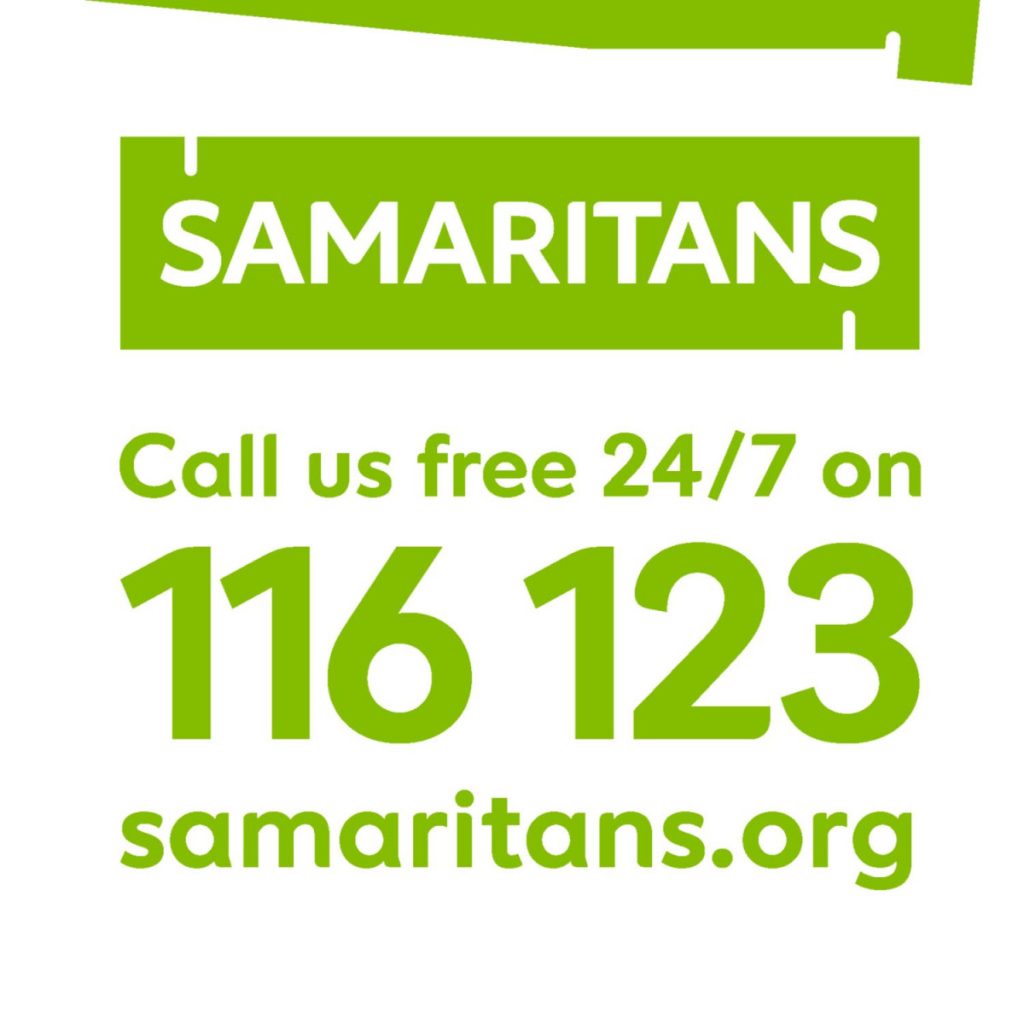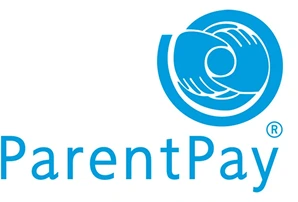YOUNG CARERS
We understand that as a Young Carer you are taking on lots of extra responsibilities which may leave you feeling stressed and drained.
You may also have less spare time than other young people your age and find it difficult to participate in activities that you enjoy.
Many Young Carers give up a great deal of their time to support their families and loved ones and help to change the lives of those around them for the better.
To ensure that you stay healthy and happy, we want to say thank you for all that you do and offer support to you whilst you are completing this very important and valued caring role.
Where to find Advice & Support:
Substance Abuse
If you need some friendly, confidential advice for yourself or someone you know then Talk to Frank has alive chat available between 2pm and 6pm, every day
You can also call 0300 123 6600 24 hours a day, 365 days a year
Need a quick answer? Text a question to 82111 and FRANK will text you back.
Or email: frank@talktofrank.com
Talk to Frank contains an A to Z list of substances which explains appearance and use, effects, chances of getting hooked, health risks and UK law.
PROBLEMS AT HOME
What people call home and their family can be very different.
They are made up of different people, with different needs, ideas, characters and ways in which they behave. This can make family something very special but equally very complicated and difficult. Families are supposed to be loving and caring to one and other. These are the people you should feel most safe and secure with. It can be normal for families not to get along sometimes. Every family has problems even if they are happy and don’t usually argue. Problems at home can take many forms, some examples can be arguments, separation, abuse (sexual, emotional or physical), money problems and drugs and alcohol to name but a few.
To Find Out More… If you feel that things at home are getting too much for you or if you feel scared, worried or unsafe you can get help and advice from Childline or you should speak to your teacher, health professional or local social services.
Family Lives is another service that you may find useful. You can visit their website or call 0808 800 2222.
Hope
Hope is a registered charity helping young people aged five to twenty five when a loved one has a serious illness. Hope Support Services – Helping young people when someone gets sick
SELF HARM
Self-harm is any behaviour that involves someone putting themselves at risk of being hurt in some way either through deliberately injuring themselves or by putting themselves in dangerous situations. Examples can include cutting or otherwise inflicting injuries but may also include failing to take prescribed medications or follow recommendations from health professionals. Self-harm has become increasingly common in the UK in recent years especially amongst young people, both males and females. It can happen for lots of different reasons but is most often used as a way of expressing distress or releasing difficult emotions that can feel too hard to talk about. Many people describe the feeling after self-harming as a release, although it is often then accompanied by guilt, which can make any low or distressing feelings even worse in the long term. If you are struggling with self-harm, then help is available, both through services but also through self-help resources.
To Find Out More… The National Self Harm Network provides support and we particularly like the distractions leaflet which you can get to directly by clicking here.
PROBLEMS WITH EATING
Many people experience problems with eating. They can occur at any age but often affect teenagers – both males and females. Eating problems include a range of different concerns. Often, food intake may be restricted either as a way of losing weight or for other personal reasons not involving weight loss. For other young people, there may be a cycle of eating lots in one go (binging) and then compensating for this with behaviours including restricting food, forcibly vomiting or taking laxatives. Some people may binge without doing these behaviours afterwards and others have a combination of the above difficulties. Finally, there are some children and young people who have very restrictive diets because they struggle with the taste of new foods. This can make it difficult for them to get the nutrition they need and can cause social difficulties such as eating out with family/friends. Eating problems can be very distressing both for you and your family and it can be hard for those around you to understand. Eating problems can also affect both your physical health and your emotional wellbeing and people can feel quite lonely trying to deal with it by themselves. If you are struggling with any of these issues, there is help out there, both through local services and self-help resources.
To Find Out More… B-eat are a charity with great information about eating difficulties:
Bullying
Bullying is a repeated behaviour which is designed to hurt someone either emotionally or physically. People can get bullied for lots of different reasons such as; race, religion, gender, sexuality, appearance or disability. Bullying can happen in many different ways and in different places like at school, home, online or just out in the street.
It’s important to know that if you’re being bullied you should tell someone straight away (like a parent/guardian, teacher, support worker) and not try and deal with it on your own. Bullying can be a scary and upsetting experience, by telling someone about what is happening you can take the first step to making it stop and get some practical advice for how to get through it.
To Find Out More… Kidscape’s website has a useful section on advice if you experience bullying:
SUICIDAL THOUGHTS
Suicidal thoughts can range from being preoccupied by abstract thoughts about ending your life, or feeling that people would be better off without you, to thinking about methods of suicide, or making clear plans to end your life.
If you are feeling suicidal, you might be scarred or confused by these feelings. But you are not alone! If you are really struggling please seek help, you don’t have to deal with this alone.
Helpful links:
Samaritans – Call 116 123
Childline for children and young people under 19 – Call 0800 1111
Is your life in danger?
In an emergency, call 999 for an ambulance or go straight to A&E. Or ask someone else to call 999 or take you to A&E.
HEARING VOICES
Anybody can hear voices in their heads or in their ears. Some may be nice and some may be unkind. Sometimes the voices can be heard once and then never ever again, in other cases they may just reoccur in particular circumstances and situations, and for others it may be more persistent.
Hearing voices is not necessarily a sign of mental illness. It can be related to a traumatic event such as a bereavement or family breakdown. Some people who hear voices have positive experience of the voices they hear and they are helpful in their lives.
It is very important to understand that not everyone hearing voices needs support or help with their mental health and wellbeing, however it may be wise to seek help if the voices become hostile, intimidating and start to have a negative impact on your day to day living.
To Find Out More… click the link for Childline or call 0800 1111
Young Minds – Get Urgent Help | Support If You’re Struggling | YoungMinds
IDENTITY
Many young people struggle with concerns about identity, sometimes feelings about gender are unclear and puberty can be a very difficult time.
Gender identity (how you feel about your gender) and sexuality (your sexual preferences) aren’t the same thing, but they’re both linked. Teenagers who experience gender discomfort might feel unhappy, lonely or isolated from their peers and friends. There may be social pressure from friends, teachers and family to conform to gender stereotypes, or they may face bullying and harassment. Their discomfort about being male or female may affect self-esteem, depression, self-harm and face suicidal thoughts.
Many children and young people will generally know that they are lesbian, gay, bisexual or question their sexuality or gender identity from a young age. A large number don’t tell anyone until they are older – this is mainly because they are scared and worried about what others might think. This gap between initial questioning of their identity and starting to accept it can leave a window of time when young people can suffer with lower self-esteem, depression and isolation.
Links below can also help:
Mermaid UK – Homepage – Mermaids (mermaidsuk.org.uk)
RUComing Out – RUComingOut – LGBT Coming Out Support Charity
Worried
Everyone can feel fearful or worried from time to time, however some young people have severe anxiety which causes a lot of distress which can seriously affect their everyday lives.
It’s okay to worry. Sometimes worry and anxiety can be helpful, and get us to do things to protect ourselves or solve problems. Too much worry is when you can’t stop thinking about the things that worry you, and you start to feel confused, sad or scared a lot of the time leading to severe anxiety.
Anxiety can cause both physical and emotional symptoms. This means it can affect how a person feels in their body and also health. Some of the symptoms are: feeling fearful or panicky; feeling breathless, sweaty, or complaining of ‘butterflies’ or pains in the chest or stomach; feeling tense, fidgety, using the toilet often. These symptoms may come and go, it can be hard to put into words how you feel. You can appear irritable, become tearful and have difficulty sleeping. Anxiety can even cause you to develop a headache, a stomach-ache or to feel sick.
To Find Out More…

MIND have produced a really useful guide on anxiety and panic
MIND is committed to improving the emotional wellbeing and mental health of children and young people.
0300 123 3393 Lines are open 9am – 6pm, Monday – Friday
SAMARITANS

You can contact Samaritans 24 hours a day to provide emotional support for people who are experiencing feelings of emotional distress or despair, including those which may lead to suicide. The new helpline number is free of charge and won’t appear on telephone bills either.
Hope
Hope is a registered charity helping young people aged five to twenty five when a loved one has a serious illness.
Hope Support Services – Helping young people when someone gets sick
















